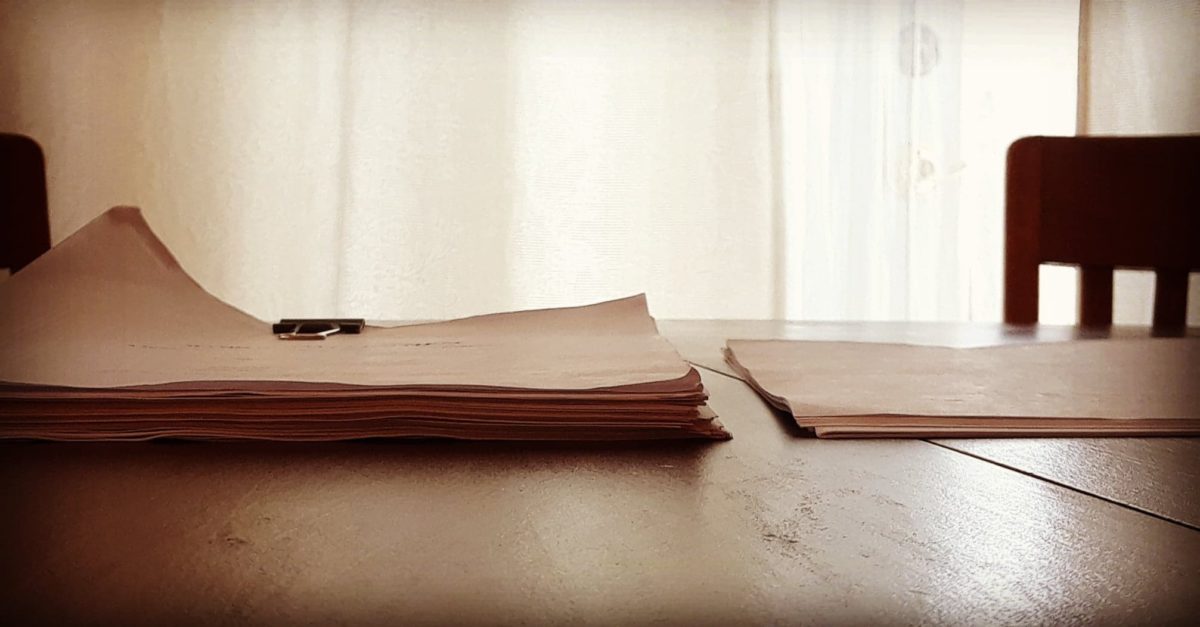In the summer of 2017, I walked across England, coast to coast. In every bookstore, A Gentleman in Moscow caught my eye—that British cover is something else. And it was given pride of place, everywhere.
I’m not so big on reading with my eyeballs, and, besides, I wasn’t keen on extra weight in my pack, so I did not buy it. But I was attracted.
A few months later my Audible credits were piling up. The algorithm evidently read my mind, and suggested Gentleman. The American cover is not beautiful, I thought. But, oh, well. It’s an audiobook.
In December that year, shortly after being misdiagnosed with costochondritis, I visited my stepmother and stepsister in Colorado Springs. One day, between errands, I was alone in the house with the dirty dishes. My stepmother has a fabulous collection of music—one of our chores that visit was to purge ten million CDs from her home. But I wasn’t in the mood for tunes.
So I brought my laptop into the kitchen, perched it in the dry rack, and fired up Gentleman.
How well I remember
When it came as a visitor on foot
And dwelt awhile amongst us
A melody in the semblance of a mountain cat
I listened over the next weeks, enthralled—a pleasant distraction from the regular clutching pain in my chest. I finished just a few days before landing in the emergency room.
And that night, tethered to the hospital bed, awake long past my bedtime and too uncomfortable to sleep, I began again, a melody in the semblance of a mountain cat.
I remembered so little from those first two readings—a few key moments that moved me. Later that year, during the crying-every-day period, I listened a third time.
When I look back at my journal from those early days of my illness, I feel a dull ache, verklempt, knowing the loss that was to come, which I could not see at the time.
Just prior to my diagnosis, I did not write about the clutching pain in my chest, but every day I struggled to get organized for the new year, confused by my profound fatigue. In retrospect, I am surprised that I was able to return to the book that I now associate with so much upheaval and confusion and loss.
And yet I did. Again and again and again. That first year twice, and countless times the next.
Rostov was my Virgil in those circles of Hell. Aside from fatigue, in those early days my primary symptom was a feeling of constraint. So Rostov detained in The Metropol, choosing to master his circumstances so that he is not mastered by them—of course he would be a comfort.
In the last months of last year, just as I was beginning to feel well again, I began to worry if my affection for Gentleman might be concerning. Is this perseveration? An obsession? Am I unhinged?
Before we said our final goodbye early last December, the therapist who walked with me through the most grim period of my life, unpacking survivor’s guilt and PTSD, wrote:
…I also wanted to say that you will listen to A Gentleman in Moscow as many times as you need to hear the story. He touches something in you. He inspires you. He soothes you. He speaks to something in you that is determined to make meaning regardless of your circumstances. Let’s face it, he is a wise and lovely noble man, and we don’t know enough men like him!
Determined to make meaning, a melody in the semblance of a mountain cat.
With every return to The Metropol, my reading shifted. I began to hear with different ears. I had internalized the story, yes, and then with the return of my physical strength and the resolution of my crippling memory issues, I began to see elements of the structure with a more critical eye. Not flaws, per se, but I was more aware, for instance, of the narrator’s absolutely ghastly accent when he read the passages in French.
With each reading, too, my attention and affection shifted to Rostov in his later years, as if I were aging with him, maturing into the person whose relation to time and place is shifted. A person plotting.
And I knew, this last time, that while Rostov would always be available to me, I did not need him. I felt a quiet sadness about this, like saying goodbye to a dear friend who is moving just far enough away to make connection inconvenient.
I once heard a theologian tell Bill Moyers that religious language is ordinary language that we use in extraordinary ways. Even at twenty, I knew this was not quite right. I believe that religious language, sacred text, is ordinary language that uses us in extraordinary ways.
And while this novel is not sacred text, there is and was something beautiful and holy in my connection to the book. I experienced a reciprocity in these readings, a deep connection.
This intimacy, all intimacy, is a rare and profound gift.

